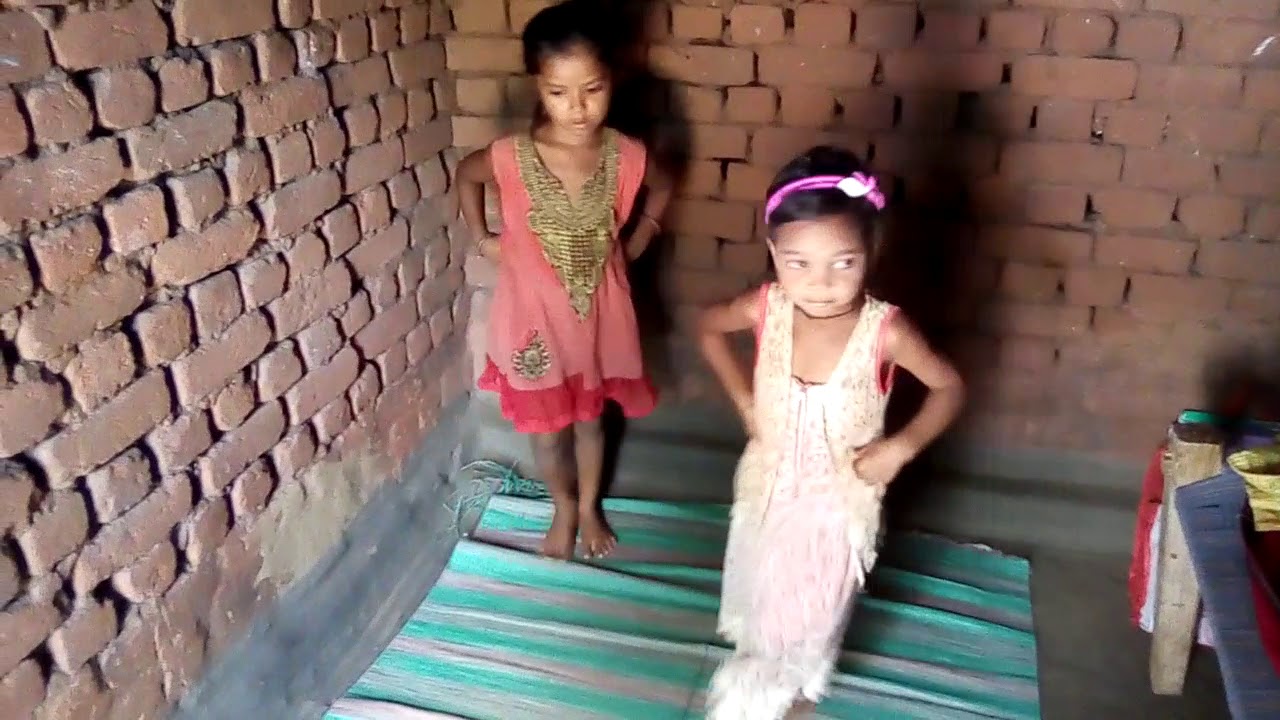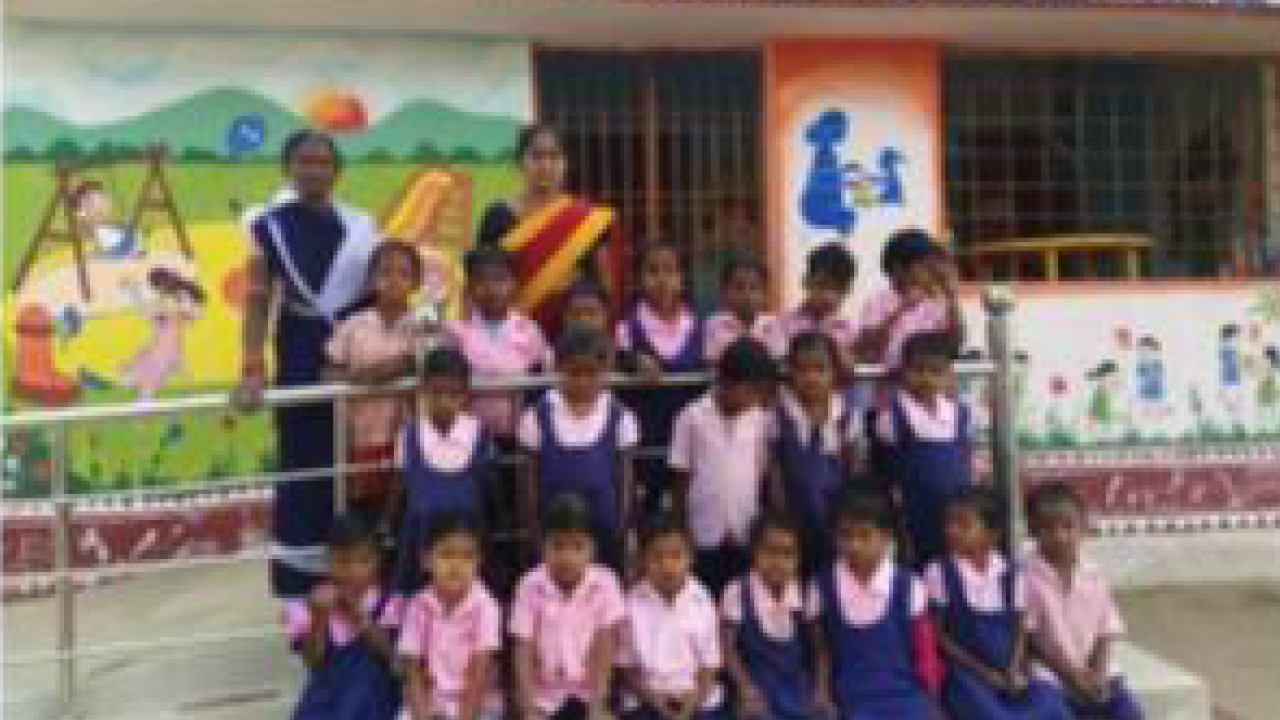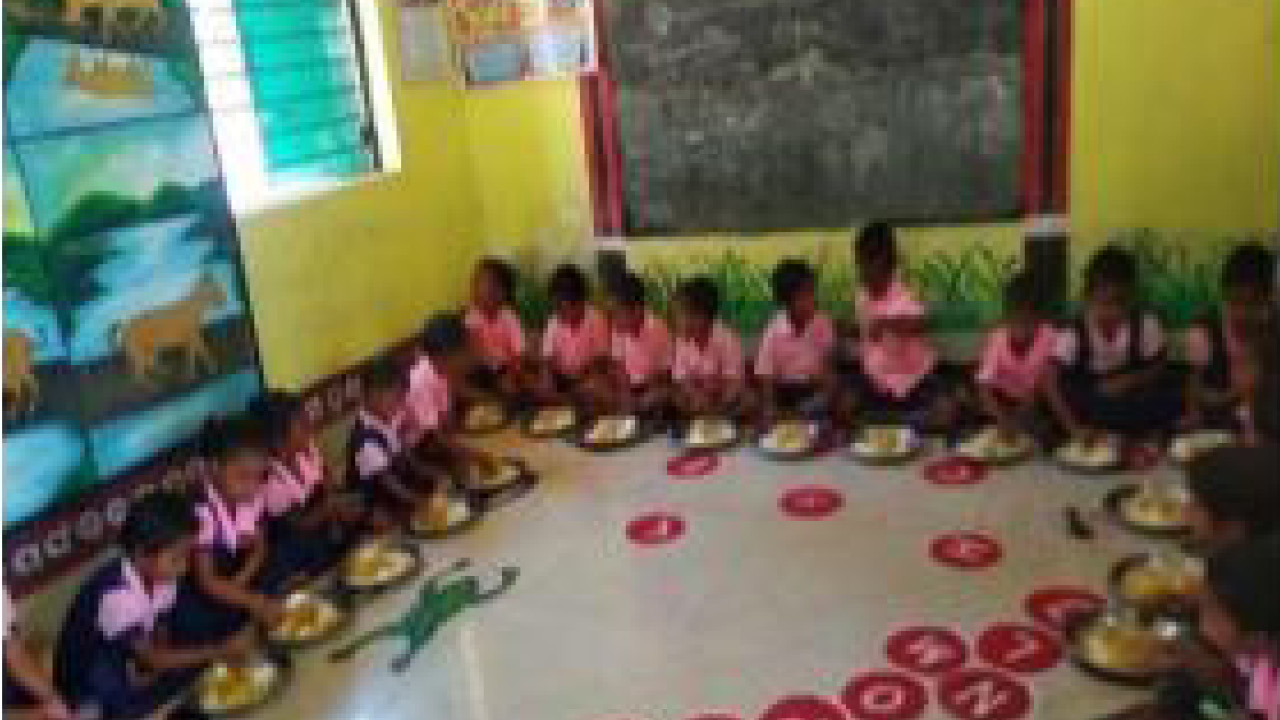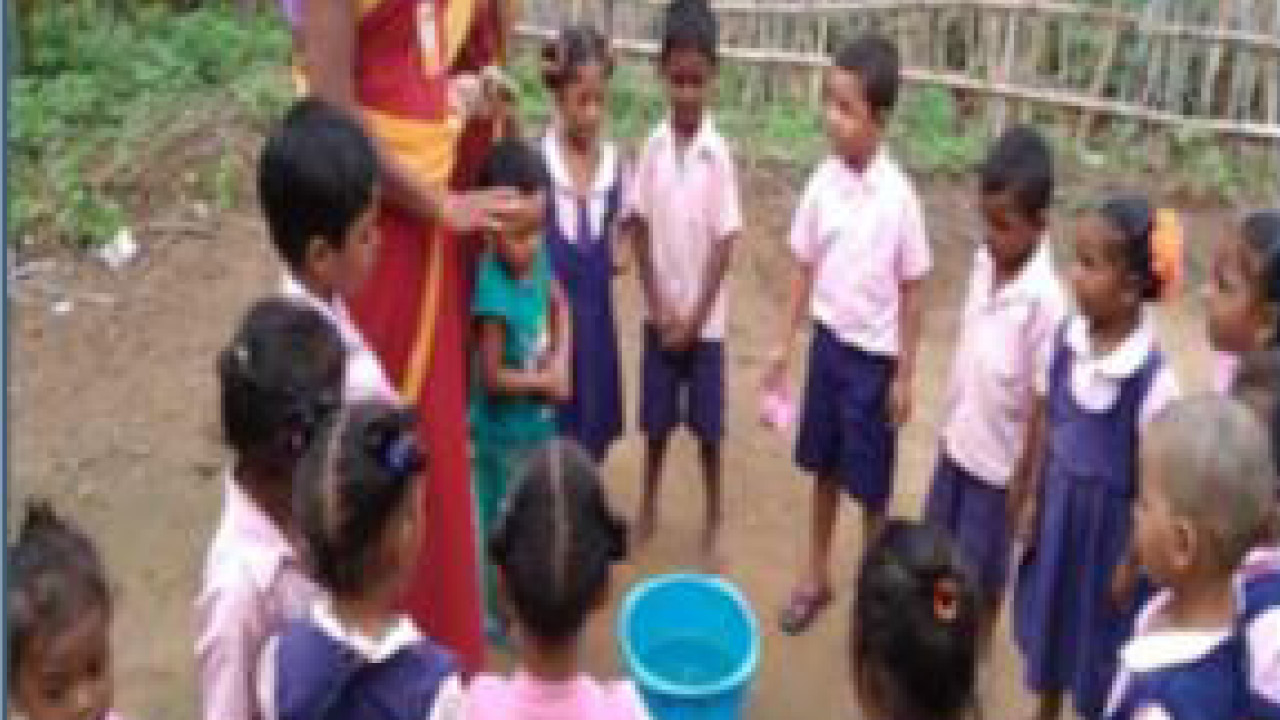Mother Tongue ECCE Curriculum “Nua Arunima”

Mother Tongue ECCE Curriculum “Nua Arunima”
Problem
- Less attendance in preschool education
- No parent participation
- First-generation of learner
- Learning continuity at a stake
- AWW and children were not using the same language of communication
- Knowledge, attitude, and practice (KAP) of the ICDS functionaries were not clear on how children learn.
Solution
- Developed Mother Tongue Language ECCE “Nua Arunima” curriculum in 10 tribal languages
- AWWs are trained on supporting children to continue to develop proficiency in their mother tongue in a homogeneous AWCs
- Parents and Community participation accelerated in the identified AWCs and home visits were strengthened with a handful of pictorial IEC/SBCC materials on parenting.
- To leverage in a systematic way to provide a range of opportunities for a rich environment for the children of the first generation of learners to mainstream in ECE education
Outcomes
- The language and social barriers to early learning were addressed with the mother tongue curriculum and scaled-up initiatives
- AWWs and children’s comprehension and participation increased to acquire Nua Arunima curricular activities with better understanding
- It increased access to health, nutrition, immunisation, and also pre-school education in their home language
- Ensured learning continuity even after the pre-school education, improved school readiness, and smooth transition for formal primary education
Project Details
Category: Education
Project Title: Mother Tongue ECCE Curriculum “Nua Arunima” in 10 tribal languages and moving forward for transformation in early education and life of tribal children in Odisha
Department or District: Women & Child Development Department, Government of Odisha
State: Odisha
Start Date of the Project: The project was initiated on 8 April 2014 and scaled between April 2018 and August 2021 during the formal evaluation period.
Website: https://wcd.odisha.gov.in/
Tribe(s) that the Project Covers: The “Nua Arunima” initiative covers major tribal communities in Odisha including Bonda, Munda, Koya, Kuvi, Kui, Soura, Santhali, Kissan, Oran, and Juang. These tribes reside in 12 of the state’s 30 districts, primarily in tribal-dominated regions like Kandhamal, Malkangiri, Koraput, and Mayurbhanj.
Keywords: Mother Tongue, ECCE, Tribal Curriculum, Nua Arunima, Multilingual Education, Inclusive Education, ICDS, Anganwadi, Indigenous Education, NEP 2020, Tribal Children
Odisha is home to over 8 million tribal people, with nearly 1.4 million children under the age of six. Language has been one of the most significant barriers to early education for these children, as many enter Anganwadi Centres where the language of instruction is unfamiliar. Recognising the need for equity and inclusion, the Government of Odisha introduced a mother tongue-based Early Childhood Care and Education (ECCE) curriculum titled “Nua Arunima” to bridge the linguistic gap and foster foundational learning.
The Project
“Nua Arunima” is a culturally contextualised curriculum in ten tribal languages, designed to promote listening, speaking, reading, and writing among preschool children. The curriculum incorporates local stories, songs, customs, and pedagogical practices into structured learning modules. It was implemented across 7,202 homogeneous Anganwadi Centres (AWCs) in tribal districts, directly benefiting over 1.45 lakh children.
Problems that it Intends to Solve
Prior to implementation, low preschool attendance, rote learning, a lack of parental engagement, and linguistic disconnects between teachers and children were prevalent. The project sought to make early education accessible, comprehensible, and engaging for tribal children while improving parental involvement and community participation.
What was the Need
Research shows that children learn best in their mother tongue during early childhood. However, most tribal children in Odisha were first-generation learners in linguistically mismatched classrooms. “Nua Arunima” was needed to ensure smooth cognitive development, academic readiness, and successful transitions to formal schooling.
Barriers to Implementation
Key challenges included ICDS workers not speaking the children’s native languages, limited awareness among parents about the importance of mother tongue instruction, overburdened AWCs, geographical inaccessibility, and cultural scepticism toward formal education systems.
Process Followed for Implementation
The project began with a thorough curriculum review, stakeholder consultations with NCERT and UNICEF, and the formation of a State Resource Group. Pedagogical frameworks and age-appropriate content were developed and vetted by SCERT. Facilitator manuals, thematic monthly videos, workbooks, and audio-visual teaching aids were produced. Teachers and supervisors were trained in the “Listen–Speak–Read–Write” sequence, while parenting modules were delivered through home visits and community events.
- Role of Government and NGOs
- The Women & Child Development Department led implementation in collaboration with the ST & SC Development Department, Education Department, SCERT, and external partners like UNICEF and Bernard van Leer Foundation. NGOs supported training and local content development.
- Role of the Community
- Mothers, grandparents, and local folk artists contributed to storytelling, language modelling, and curriculum adaptation. The ECCE monthly “Ankur” day became a community platform for showcasing learning in mother tongues.
Solutions Implemented
Ten mother tongue curricula were launched in homogeneous AWCs. Training modules on multilingual education were institutionalised, parenting flipbooks and kits were distributed, and community-based monitoring was initiated. Emphasis was placed on cultural relevance and learner-centered pedagogy.
The curriculum reached 7,202 Anganwadi centres across 12 districts, benefitting over 180,000 tribal children. The programme built the capacity of more than 70,000 AWWs, 2,427 supervisors, and 318 CDPOs.
Innovation and Unique Features
The curriculum is built entirely in tribal languages and respects the cognitive rhythm of tribal children. Interactive modules use local folklore, crafts, and nature references. “Ghare Ghare Arunima,” a COVID-19 home learning package, kept learning alive during the pandemic.
- Tech Integration and Capacity Building
- The project introduced animated content, mobile chips, training DVDs, and digital parent outreach via WhatsApp. The “Mo Bikash Patra” child assessment card tracked progress. Training was regularised in government modules, supported by e-ILA platforms.
- Co-creation: How tribal knowledge or leadership shaped the solution
- Local dialects, expressions, and oral traditions formed the backbone of the material. Elderly community members served as knowledge custodians, helping to shape the curriculum narrative and delivery tools.
Challenges Faced Before and During Implementation
Before deployment, teachers lacked familiarity with multiple tribal languages, and many parents wanted English-medium instruction. During rollout, infrastructural constraints and inconsistent AWW participation posed hurdles. The state addressed these through training, awareness drives, and behavioural change communication campaigns.
The project invested in continuous mentoring, multilingual resource pools, and institutionalisation of training protocols. Monthly community ECCE days improved parental engagement and reduced dropouts.
Outcomes
- Quantitative
- Pre-school enrolment improved across tribal districts. Over 1.45 lakh children accessed mother tongue instruction in 10 tribal languages. More than 70,000 frontline workers were trained. Community participation rose significantly.
- Direct beneficiaries were tribal children aged 3–6 years across 12 districts. Indirect beneficiaries included caregivers, AWWs, and extended family members through training, awareness, and resources.
- Qualitative
- Children’s confidence and participation increased. The transition to primary school became smoother. Language barriers declined, and the emotional connect between learners and facilitators deepened. Parents gained awareness of early childhood development and supported learning at home.
- Monitoring and Evaluation
- Evaluation was conducted by Jamia Millia Islamia University. Feedback loops informed curriculum revisions. Monthly reporting by Lady Supervisors tracked quality indicators in instruction, participation, and nutrition.
Replicability / Scalability / Sustainability
The curriculum is now embedded in the annual job course of ICDS. It is being expanded to five more tribal languages. The government has allocated ₹150 crore for future scale-up, and the framework aligns with NEP 2020, enhancing long-term sustainability.




